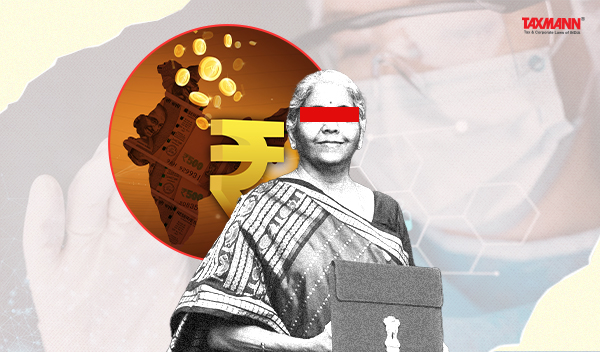[Opinion] Indian Union Budget 2024 | A Half-Hearted Boost to Healthcare
- Blog|News|Income Tax|
- 2 Min Read
- By Taxmann
- |
- Last Updated on 10 September, 2024

Jimit Shah – [2024] 166 taxmann.com 188 (Article)
The Indian Union Budget 2024, unveiled on 23 July which left the healthcare sector underwhelmed and unfulfilled, missing the mark on several critical fronts is now codified as a law by receiving president’s assent without any variation. Despite a few commendable proposals, such as the exemption of life saving specified cancer drugs (like Trastuzumab Deruxtecan, Osimertinib and Durvalumab) and on polyethylene for manufacture of orthopedic implants from Customs duties, which will undoubtedly make these drugs more affordable, the Budget proposals overall fell short of addressing the deeper, more pressing needs of the sector. The increased allocation for the Ayushman Bharat scheme and the focus on digital health improvements, particularly beneficial for rural areas, are steps in the right direction. However, these positives are overshadowed by significant shortcomings.
The allocation for healthcare not only remains short of the industry expectations but also short of the target set by the National Health Policy of India 2017 of 2.5% of the GDP, starkly below the global average, signaling an insufficient commitment to transforming the sector. The Budget also overlooked private healthcare providers grappling with soaring operational costs and regulatory hurdles, offering them no relief. Moreover, mental health, a crucial component of overall health, is glaringly neglected, with no substantial allocations or initiatives.
The absence of targeted income-tax benefits for the research and development sector continues to hinder innovation by neglecting the critical needs of researchers and innovators. Specifically, the Budget failed to introduce concessional tax rates for new research initiatives or to reinstate weighted deductions, which would have incentivized investment in R&D. Moreover, there has been no progress in clarifying the tax treatment of free samples and low-value items, nor in addressing the prevailing ambiguities within the tax regulations.
Click Here To Read The Full Article
Disclaimer: The content/information published on the website is only for general information of the user and shall not be construed as legal advice. While the Taxmann has exercised reasonable efforts to ensure the veracity of information/content published, Taxmann shall be under no liability in any manner whatsoever for incorrect information, if any.

Taxmann Publications has a dedicated in-house Research & Editorial Team. This team consists of a team of Chartered Accountants, Company Secretaries, and Lawyers. This team works under the guidance and supervision of editor-in-chief Mr Rakesh Bhargava.
The Research and Editorial Team is responsible for developing reliable and accurate content for the readers. The team follows the six-sigma approach to achieve the benchmark of zero error in its publications and research platforms. The team ensures that the following publication guidelines are thoroughly followed while developing the content:
- The statutory material is obtained only from the authorized and reliable sources
- All the latest developments in the judicial and legislative fields are covered
- Prepare the analytical write-ups on current, controversial, and important issues to help the readers to understand the concept and its implications
- Every content published by Taxmann is complete, accurate and lucid
- All evidence-based statements are supported with proper reference to Section, Circular No., Notification No. or citations
- The golden rules of grammar, style and consistency are thoroughly followed
- Font and size that’s easy to read and remain consistent across all imprint and digital publications are applied



 CA | CS | CMA
CA | CS | CMA
